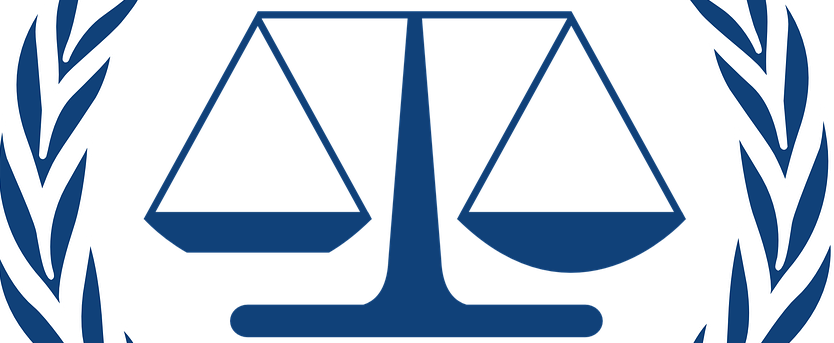The activities of international organizations are subject to law, and give rise to law. Each and every international organization has a set of rules relating to its own functioning. As international organizations do not exist in a vacuum, their activities are also bound to exercise some influence on other legal systems, and absorb the influence of such systems. While it is possible that international organizations are influenced by, and exert influence on, the law of individual nation-states, the more direct and influential links usually exist within the body of rules known as international law.
Critical legal theory
The law of international organizations is still somewhat immature. On numerous points the law lacks certainty. In particular, international legal doctrine has a hard time coming to terms with the relationship between an international organization and the very states which are its members. On the one hand, the law is supposed to respect the interests of individual states. Yet at the same time, the law must also take the interests of the international community into account. Following the critical legal tradition, international law is bound to swerve back and forth between these two poles of sovereignty and community. It is this tension which makes international legal rules often ultimately uncertain. This tension also reflects in the law of international organizations, for example regarding the so-called principle of attribution of powers. Strict adherents to the notion of state sovereignty will not easily admit the existence of implied powers; yet for the protection of community interests, an implied power may well be deemed desirable.
The main benefit of critical legal theory is its capacity to make visible the inherent tensions and contradictions which help shape the law. In this way it can provide great services in understanding international institutional law.
Defining international organizations
What exactly is an international organization? While it is structurally impossible to define in a comprehensive manner, something which is a social creation (social constructs, created by people in order to help them achieve some purpose) to begin with, it is common in the literature to delimit international organizations in at least some ways. One delimitation often made depends on the body of law governing the activities of the organization. If those activities are governed by international law, we speak of an international organization, or at least of an intergovernmental organization. If those activities are governed by some domestic law, we usually say that the organization in.....read more






























































